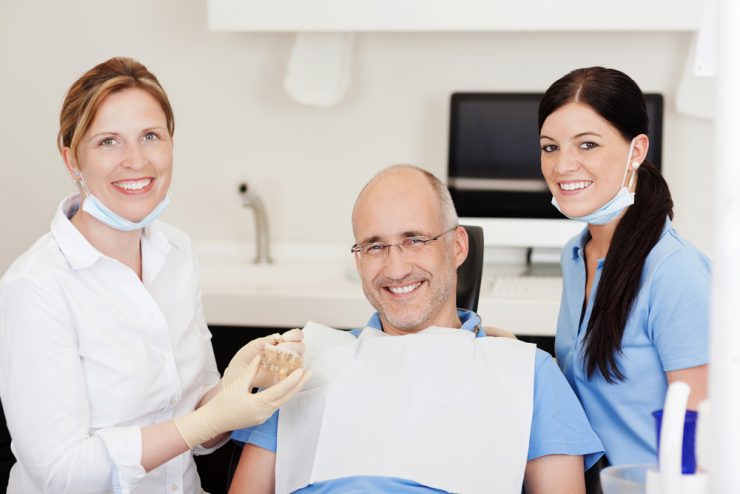Large intestine or the colon is responsible for removal of undigested food as well as absorption of nutrient from the undigested food. Ulcerative colitis is the inflammation of the intestine and are in general referred to as inflammatory bowel disease or the IBD.IBD is often confused with irritable bowel syndrome.
Ulcerative colitis leads to the formation of ulcers on the lining of the colon which can bleed and also lead to formation of pus. Symptoms vary greatly. It can be mild inconvenience, weight loss and diarrhoea.
The causes of ulcerative colitis are not completely known. It is suggested that it involves both genetic and environmental factors.
The condition is more common in people of European descent. It is estimated that about100000 people in UK suffer from ulcerative colitis.
There is no cure for this condition at present. Surgeries may be required in extreme cases. There can be life threatening complications in some cases but death due to ulcerative colitis is very rare.
Symptoms
Symptoms can vary depending on the extent of inflammation. Most common symptoms include:
- Diarrhoea
- Loss of appetite.
- Weight loss.
- Anaemia
- Fever
- Dehydration.
In most cases the symptoms go into remission and can appear again after many months or years.
Causes
The causes of Ulcerative colitis are still not known. Some of the causes include:
Genetic factors:
About 20% of the patients have a close relative with ulcerative colitis. The level of inflammation is also higher in some ethnic groups. Recently a gene has been identified which is linked to the condition.
Environmental factors:
Our life style plays a important factor in the development of ulcerative colitis. Some of the environmental factors such as diet, air pollution, and smoking have been identified as some of the factors leading to ulcerative colitis.
Immune system:
Autoimmune conditions have also been identified as one of the causes where in the body’s owns immune system causes the condition.
Viral and bacterial infections, triggers the immune system. The immune system causes inflammation of colon to reduce the infection. for some unknown reasons the immune system fails to turn off the reaction and the inflammation continues to exist even after the infection has subsided.
Diagnosis and treatment
Blood tests and stool tests are done initially. Two more specific tests are Erythrocyte sedimentation rate(ESR) test and C reactive protein test. .X rays help in knowing the extent the condition. Sigmoidoscopy and colonoscopy are done to know the extent of inflammation.
Treatment involves managing active colitis and maintaining remissions.
Three main types of medicines are commonly used for managing active ulcerative colitis. They include steroids, aminosalicylates and immunosuppressant.
For maintaining remission regular dose of aminosalicylates will help prevent symptoms from recurring.
Surgery may be required in some cases which involves removal of colon –known as colectomy.Another technique is the ileo-anal pouch which is most preferred these days.
Prevention
Ulcerative colitis can be prevented by life style modifications.
Proper diet, drinking lots of fluids helps in controlling the condition.
Proper exercise relaxation techniques also play a important role to reduce the frequency of symptoms.












